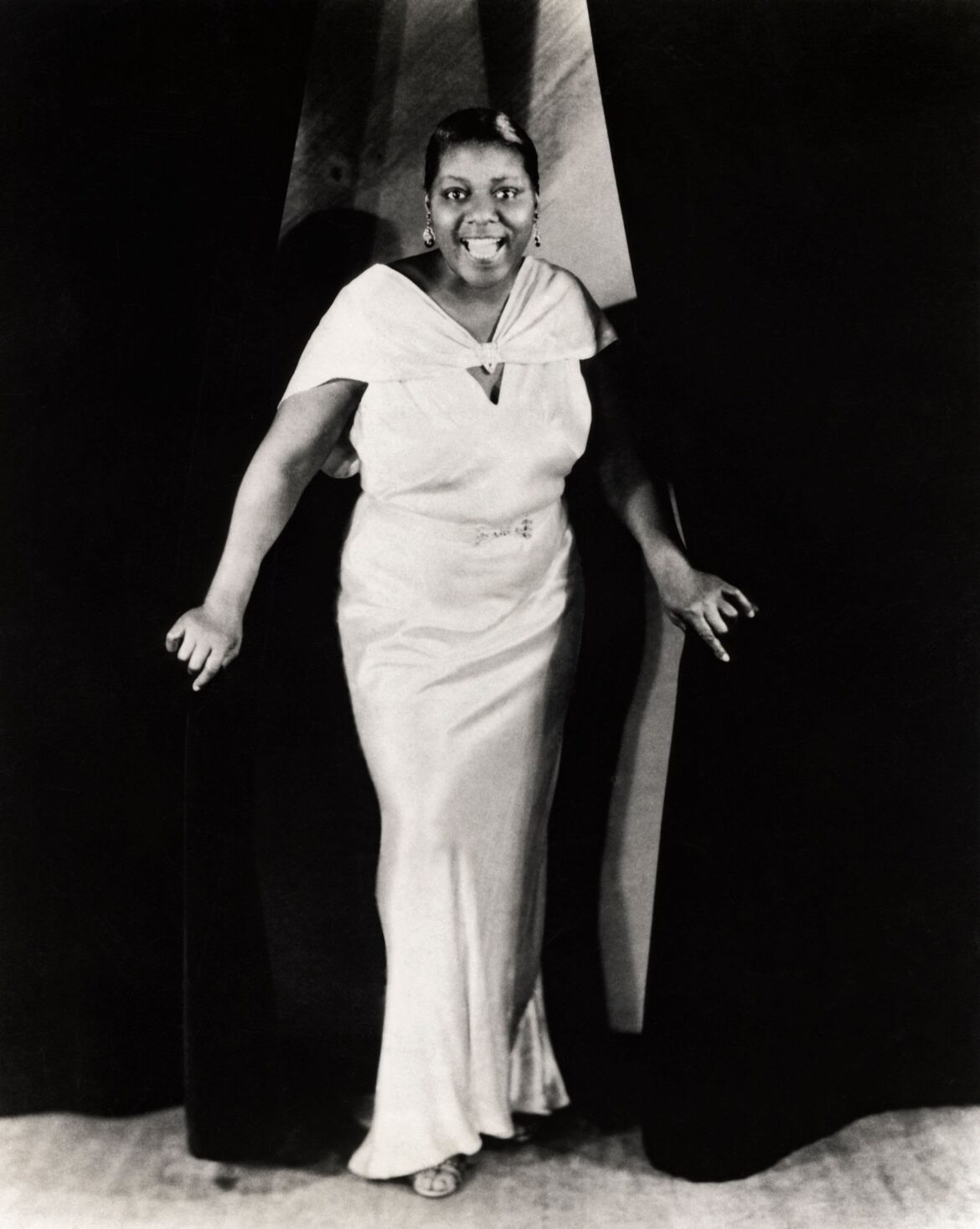She sang, she fought: The Women of the Blues
The Blues was never just music, before we named it as Blues, it was a declaration of existence. For Black women specifically, it became a form of survival, protest, and power. As Angela Y. Davis writes in Blues Legacies and Black Feminism, the music of Ma Rainey, Bessie Smith, and Billie Holiday did more than entertain: it offered a radical commentary on Black womanhood. Through their lyrics, performances, and unapologetic personas, Blues women forged an intellectual and cultural revolution that scholars like Daphne A. Brooks term the Black feminist sonic imagination.
The Blues Queens as Intellectual
Daphne Duval Harrison’s Black Pearls and Sandra Lieb’s portrait of Ma Rainey reveal a rich tradition of intellectual artistry masked beneath the glitter of performance. These women were composers, businesswomen, and cultural critics, expressing sexuality, sorrow, and satire in a society that sought to silence them. After them the legacy continued with Funk (i.e. Betty Davis) Hip-Hop (MC Sha-Rock), Neo-soul (Lauryn-Hill).
- Ma Rainey “Mother of the Blues,” performed songs that celebrated same-sex desire, financial independence, and defiance of gender norms.
- Bessie Smith, as Jackie Kay poetically tells, embodied “hard-living, hard-loving, hard-singing” womanhood, with a voice that was “thunder wrapped in velvet.”
Living Loud in a World of Double Binds
Angela Davis reclaims the legacy of Blues women as forerunners of Black feminist thought. Long before intersectionality had a name, these artists were navigating race, gender, and class through their songs. Lyrics such as “I ain’t your mama / I ain’t your gal” voiced a resistance to patriarchal roles and economic dependence. Buzzy Jackson’s A Bad Woman Feeling Good amplifies this spirit of rebellion, where “bad” women like Etta James didn’t fit respectable molds, but instead defined new archetypes of emotional and creative freedom. David Ritz’s biography of Etta James, Rage to Survive, captures the pain, power, and contradictions of a woman who sang from the gut. Her music was a blend of rage, sensuality, and soul, echoing the legacy of the women before her but also carving out a raw, unfiltered space for emotional authenticity in the Blues and R&B continuum.
Reclaiming the Archives with Daphne A. Brooks
In Liner Notes for the Revolution, Brooks reimagines liner notes as intellectual history, asking us to “listen” to the lives of women often written out of official narratives. From deep archival dives to performative criticism, she creates a methodology for honoring the genius of Black women in music, not just as performers, but as theorists, documentarians, and architects of cultural memory.
Still Singing
The legacy of Blues women isn’t confined to vinyl records or smoky clubs, it lives on in the sound of resistance. Our deepest gratitude goes out to all the Blues women musicians, performers, and cultural workers who paved the way and those whose legacies remain unsung. From the sacred chords of Sister Rosetta Tharpe to the haunting voices of Geeshie Wiley and Elvie Thomas;, each of these women helped shape the sound and spirit of the Blues. Though not every name may be visible in our work, their voices remain vital to the chorus of history. To hear them is to witness a revolution in rhythm.
This article was written by Eda Ozdek for Blues Remix, 2025

